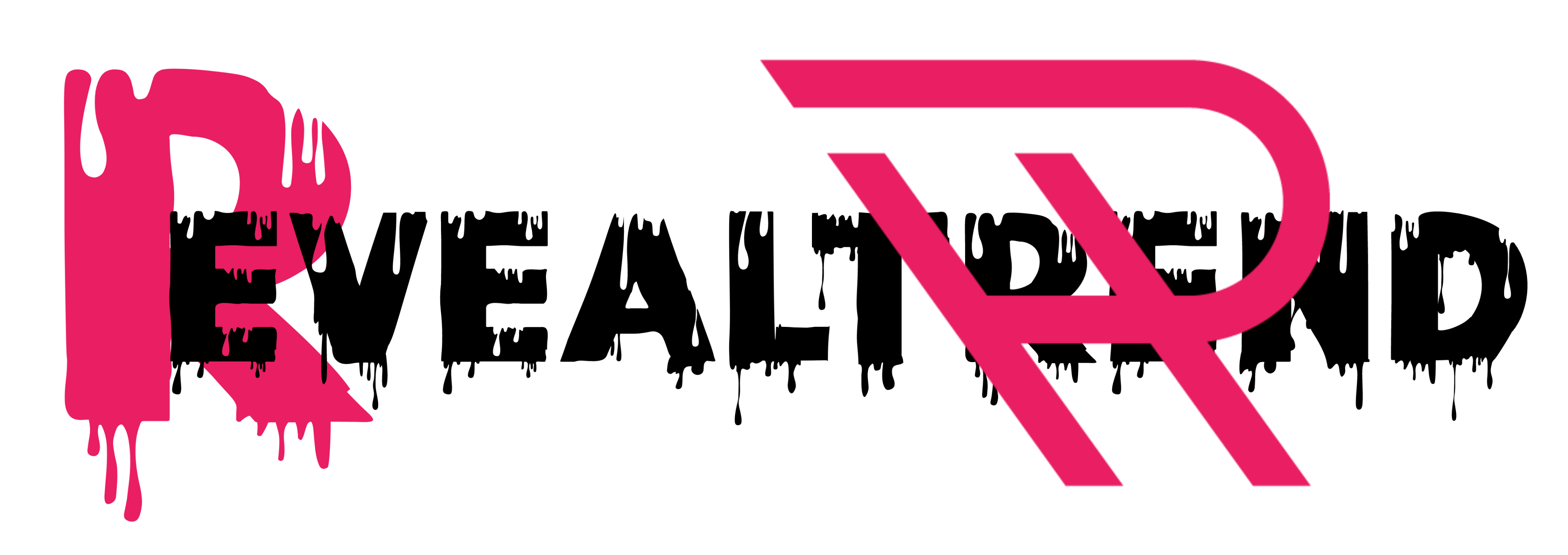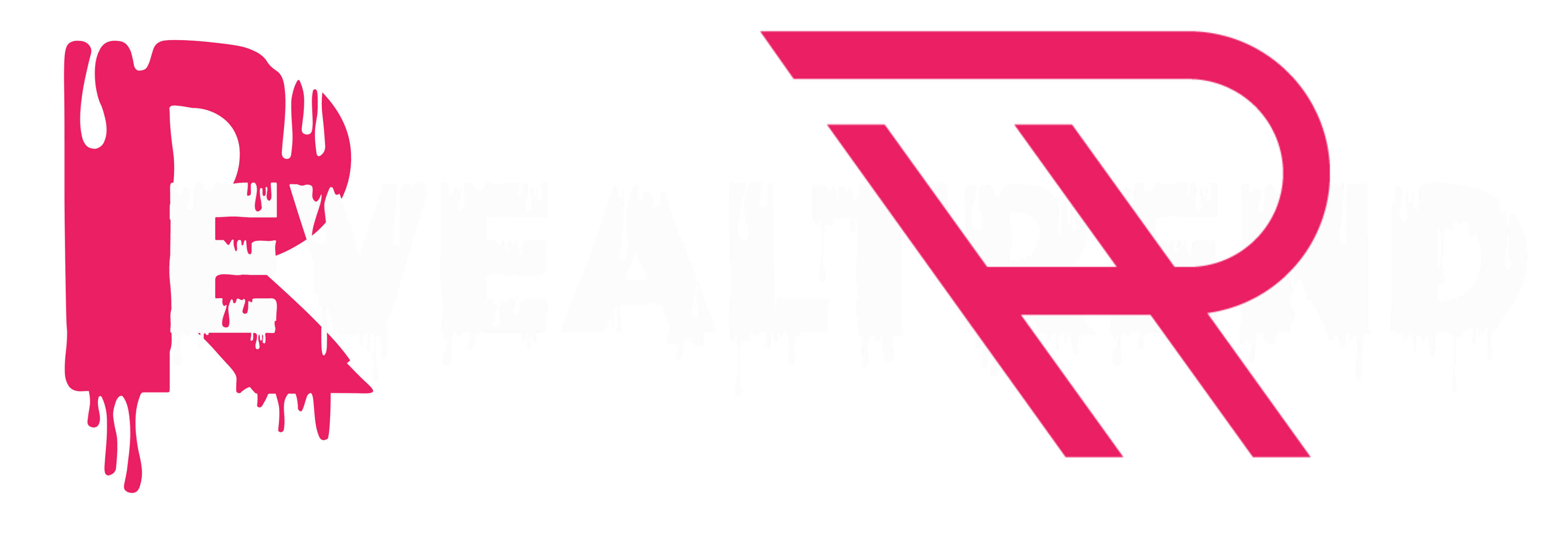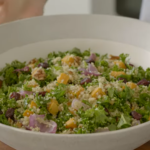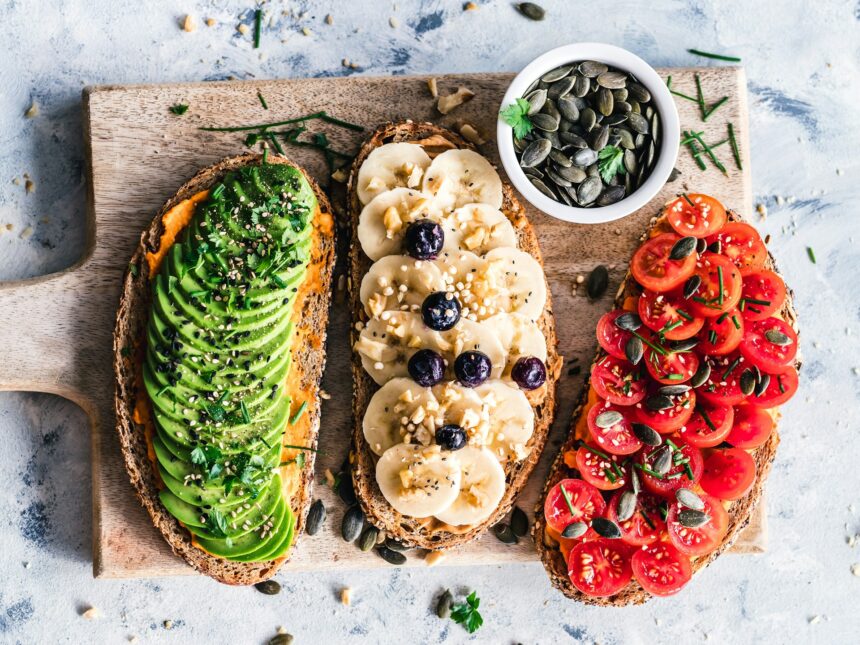The vegan diet, characterized by the exclusion of all animal products, has gained significant popularity due to its ethical, environmental, and health benefits. While often associated with weight loss, many individuals wonder if a vegan diet can support muscle gain. This comprehensive guide delves into the intricacies of a vegan diet for weight loss and muscle gain, providing valuable insights and practical strategies.
Understanding the Vegan Diet
A vegan diet excludes all animal products, such as meat, poultry, fish, eggs, and dairy. Instead, it emphasizes plant-based foods such as fruits, vegetables, whole grains, legumes, nuts, and seeds. Vegans often choose this lifestyle for ethical reasons, to reduce their environmental impact, or to improve their health.
Weight Loss on a Vegan Diet
Numerous studies have demonstrated the effectiveness of a vegan diet for weight loss. Compared to omnivorous diets, vegan diets tend to be lower in calories, saturated fat, and cholesterol, while being higher in fiber and antioxidants. This combination promotes satiety, reduces the risk of chronic diseases, and supports a healthy weight.

Weight loss on a vegan diet can be achieved by following a few key principles:
- Calorie deficit: To lose weight, you need to consume fewer calories than you burn. This can be done by eating a variety of nutrient-rich vegan foods and limiting your intake of processed foods, sugary drinks, and unhealthy fats.
- Protein intake: Protein is essential for weight loss, as it helps to build and maintain muscle mass. Vegans should aim to consume at least 0.8 grams of protein per kilogram of body weight per day. Good sources of vegan protein include tofu, tempeh, lentils, beans, quinoa, and nuts.
- Fiber intake: Fiber is another important nutrient for weight loss, as it helps to keep you feeling full and satisfied. Good sources of fiber include fruits, vegetables, whole grains, and legumes.
- Hydration: Drinking plenty of water is essential for overall health and weight loss. Water helps to keep you hydrated, boost your metabolism, and reduce your appetite.
- Exercise: Exercise is an important part of any weight loss plan, and vegans need to exercise regularly to build and maintain muscle mass. Strength training and cardiovascular exercise are both important for weight loss.
Here are some additional tips for weight loss on a vegan diet:
- Meal planning: Planning your meals ahead of time can help you to make healthier choices and avoid overeating.
- Snacking: Choose healthy snacks, such as fruits, vegetables, nuts, and seeds, to keep you satisfied between meals.
- Mindful eating: Pay attention to your hunger and fullness cues, and stop eating when you are full.
- Portion control: Be aware of your portion sizes, and use smaller plates and bowls to help you control your intake.
- Support: Find a support group or online community to help you stay motivated and on track.
Losing weight on a vegan diet is possible and sustainable by following these principles and making healthy lifestyle choices.
Muscle Gain on a Vegan Diet

Building muscle on a vegan diet requires careful planning and dedication. While animal-based proteins are often considered the gold standard for muscle growth, plant-based proteins can provide all the essential amino acids needed for muscle synthesis.
To optimize muscle gain on a vegan diet, it is crucial to:
- Consume Adequate Protein: Aim for 1.2-2.0 grams of protein per kilogram of body weight daily. Prioritize complete protein sources like tofu, tempeh, lentils, quinoa, and chia seeds.
- Spread Protein Intake: Distribute protein intake evenly throughout the day to maximize muscle protein synthesis. Include a protein source at every meal and snack.
- Combine Protein Sources: Combine incomplete protein sources to create a complete protein profile. For example, pair rice and beans, peanut butter and whole-wheat bread, or lentils and quinoa.
- Strength Training: To promote muscular growth, perform strength training activities regularly. Focus on compound exercises that work multiple muscle groups, such as squats, deadlifts, bench presses, and pull-ups.
- Rest and Recovery: Ensure adequate rest and recovery to allow muscles to repair and grow. Aim for 7-9 hours of sleep per night and incorporate active recovery activities like yoga or light cardio.
Practical Tips for Success
- Meal Planning: Plan your meals to ensure you have a variety of nutrient-rich vegan foods on hand.
- Protein-Rich Snacks: Keep healthy protein-rich snacks like nuts, seeds, tofu, or hummus on hand for between-meal hunger pangs.
- Protein Powders: Consider using vegan protein powders to supplement your protein intake, especially if you struggle to meet your daily requirements through food alone.
- Hydration: Stay hydrated by drinking lots of water throughout the day.
- Supplements: Consult with a healthcare professional to determine if any supplements, such as creatine or vitamin B12, are necessary for your individual needs.
Some Examples of complete protein sources for a vegan diet
Here are some additional examples of complete protein sources for a vegan diet:
- Soy products: tofu, tempeh, edamame, soy milk, soy yogurt
- Legumes: lentils, beans (such as black beans, kidney beans, and chickpeas), peas
- Whole grains: quinoa, buckwheat, amaranth
- Nuts and seeds: chia seeds, flax seeds, hemp seeds, almonds, walnuts, cashews
- Nutritional yeast
It is important to note that while these foods are all considered complete proteins, they may not contain all of the essential amino acids in the same proportions as animal-based proteins. Therefore, it is important to consume a variety of plant-based proteins throughout the day to ensure that you are getting all of the essential amino acids your body needs.
Here are some tips for getting enough complete protein on a vegan diet:
- Combine different protein sources at each meal. For example, you could have a tofu scramble with whole-wheat toast and almond butter for breakfast, or a lentil soup with a side of quinoa for lunch.
- Snack on nuts, seeds, or soy yogurt throughout the day.
- Consider using a vegan protein powder to supplement your protein intake, especially if you are very active or have difficulty getting enough protein from food alone.
By following these tips, you can easily get enough complete protein on a vegan diet to support muscle growth and overall health.
What are some other benefits of a vegan diet besides weight loss and muscle gain?
A vegan diet offers a number of benefits beyond weight loss and muscle gain, including:
- Reduced risk of heart disease: A vegan diet is typically lower in saturated fat and cholesterol than an omnivorous diet, which can help to reduce the risk of heart disease. Additionally, vegans tend to have lower blood pressure and lower rates of obesity, both of which are risk factors for heart disease.
- Reduced risk of certain cancers: Some studies have shown that vegans have a lower risk of certain types of cancer, such as prostate cancer, colon cancer, and breast cancer. This may be due to the fact that a vegan diet is typically high in fiber and antioxidants, which can help to protect cells from damage.
- Improved blood sugar control: A vegan diet can help to improve blood sugar control in people with type 2 diabetes or prediabetes. This is because vegan foods are typically lower in refined carbohydrates and higher in fiber, which can help to slow the absorption of sugar into the bloodstream.
- Reduced risk of chronic kidney disease: A vegan diet may help to reduce the risk of chronic kidney disease, as it is typically lower in protein than an omnivorous diet. High protein intake has been linked to an increased risk of kidney disease, especially in people with diabetes or high blood pressure.
- Environmental sustainability: A vegan diet is more sustainable for the environment than an omnivorous diet. Animal agriculture is a major contributor to greenhouse gas emissions, water pollution, and deforestation. By choosing a vegan diet, you can help to reduce your impact on the environment.
In addition to these health and environmental benefits, a vegan diet can also be more ethical, as it avoids the consumption of animal products that are obtained through the exploitation and killing of animals.
Overall, a vegan diet offers several benefits for both your health and the environment. If you are considering adopting a vegan lifestyle, be sure to do your research and make sure that you are getting all of the nutrients your body needs.
Could you explain the importance of rest and recovery for muscle growth on a vegan diet?
Rest and recovery are essential for muscle growth on any diet, but they are especially important for vegans. This is because vegans may need to consume more protein than omnivores to meet their daily protein requirements, and this can put extra stress on the kidneys and other organs. Additionally, vegans may be more likely to experience nutrient deficiencies, which can also impair muscle growth.
Here are some of the reasons why rest and recovery are so important for muscle growth on a vegan diet:
- Muscle protein synthesis: Muscle protein synthesis is the process by which muscle tissue is repaired and rebuilt after exercise. This process occurs primarily during sleep. When you don’t get enough sleep, your body produces less growth hormone, which is essential for muscle growth.
- Nutrient absorption: Rest and recovery are also important for nutrient absorption. When you are well-rested, your body is better able to absorb the nutrients from the food you eat, including protein, carbohydrates, and vitamins and minerals.
- Reduced risk of injury: When you are fatigued, you are more likely to make mistakes during your workouts, which can lead to injuries. Getting enough rest and recovery can help to reduce your risk of injury and keep you on track with your fitness goals.
Here are some tips for getting enough rest and recovery on a vegan diet:
- Aim for 7-9 hours of sleep per night. This is the amount of sleep that most individuals require to operate properly.
- Create a relaxing bedtime routine. This can help you to wind down before bed and get a good night’s sleep.
- Avoid caffeine and alcohol before bed. These substances can interfere with sleep.
- Make that your bedroom is dark, quiet, and chilly. These conditions are ideal for sleep.
- Take a nap if you need one. Napping can help to improve your mood, energy levels, and cognitive function.
- Listen to your body. If you are feeling tired, don’t push yourself too hard. Take a pause and rest till you’re feeling rejuvenated.
By following these tips, you can ensure that you are getting enough rest and recovery to support muscle growth on a vegan diet.
Conclusion
A vegan diet can effectively support both weight loss and muscle gain when approached with the right knowledge and strategies. By consuming adequate protein, engaging in regular strength training, and prioritizing rest and recovery, vegans can achieve their fitness goals while enjoying the ethical, environmental, and health benefits of a plant-based lifestyle.







